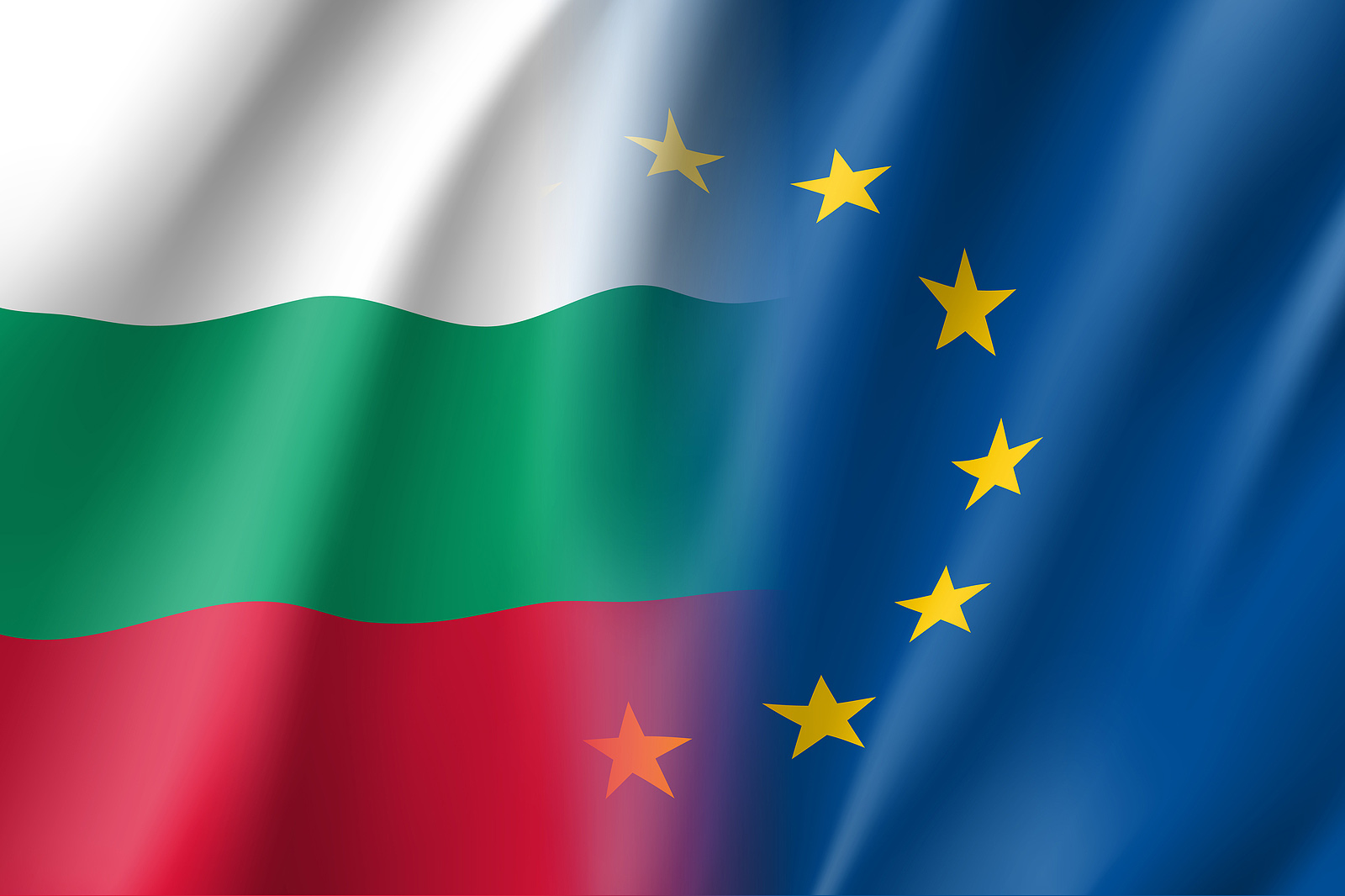Michalis Sarris*
The euro, a symbol of European unity and economic integration, will soon welcome Bulgaria into its fold. Bulgaria, a “partial” member since the introduction of the currency board, is on the verge of full membership in the euro zone. However, as history has shown, meeting the Maastricht criteria alone is not enough to reap the benefits of eurozone membership. Countries must navigate a complex landscape of fiscal discipline, structural reforms and ceding control over monetary policy.
The incomplete initial architecture of the euro area
The creation of the euro area brought with it a close-knit economic alliance, but its architecture was far from perfect. The framework relied on an independent central bank to maintain macroeconomic and price stability and imposed strict fiscal rules. But the eurozone lacked provisions for fiscal transfers to troubled countries, crisis management mechanisms and EU-wide financial supervision. The architects assumed that misbehaviour would only come from the public sector, ignoring potential financial imbalances in the private sector and bank overexpansion. This oversight left the euro area vulnerable to the very crises it was designed to prevent.
The emergence of the euro crisis
Capital flowed from the wealthier Eurozone members to the less developed newcomers, often into unproductive sectors such as real estate, leading to real estate bubbles. This movement of capital was channelled through local banking systems and affected countries such as Ireland, Spain, Portugal, Greece and Cyprus.
The 2008 crisis exposed the flaws in this system.
Fiscal mismanagement was not the main driver of imbalances, except in Greece. For example, Ireland’s debt-to-GDP ratio was only 25% at the time, similar to Bulgaria’s current situation.
Peripheral member states enjoyed low borrowing costs and access to foreign exchange, neglecting necessary structural reforms and limiting their ability to adjust to economic shocks.
As the real estate sector collapsed, a vicious circle emerged: banks took excessive risks and approached bankruptcy, while over-indebted governments were unable to provide support and devalued government bonds worsened banks’ portfolios. Post-crisis reforms have sought to break this destructive cycle.
Responding to the euro crisis
Despite the lack of a pre-designed crisis management mechanism and significant missteps, such as the 2010 Deauville agreement and the 2013 Cyprus bail-in, the euro showed remarkable resilience. The coordinated response included:
- The European Stability Mechanism.
- The ECB’s outright monetary transactions and quantitative easing.
- Mario Draghi’s commitment to do “whatever it takes” to preserve the euro.
While fiscal expansion has mitigated the decline in economic activity, it has also led to a sharp rise in public debt. This, combined with an austerity-driven narrative, particularly in Greece, led to severe economic hardship.
A new approach: The COVID-19 crisis
The COVID-19 pandemic led to a major shift in economic policy. The EU suspended the Stability and Growth Pact, introduced the Next Generation EU Recovery Programmes financed by joint borrowing, and the ECB launched a €2 trillion pandemic emergency purchase programme. These measures led to a reassessment of macroeconomic policy, central bank independence and the relationship between monetary and fiscal policy. Unlike the 2010 crisis, the 2020 response included a sustained fiscal stimulus financed by central bank purchases of government bonds.
Towards a fiscal and banking union
The challenges of public debt aversion and the taboo of central bank deficit financing have led to reforms of fiscal rules, allowing greater flexibility for countercyclical policies and massive investment programmes to address climate change and other supranational objectives. At the same time, efforts to complete the banking union are gaining momentum, with a focus on risk sharing, harmonising insolvency laws and providing a credible fiscal backstop.
Bulgaria’s path forward
As Bulgaria prepares to join the euro area, Prime Minister Denkov has emphasised the importance of being ready to handle asymmetric financial and real shocks on its own, given the current incomplete state of the Banking and Fiscal Unions. Bulgaria must:
- Accelerate structural reforms to improve competitiveness and growth.
- Strengthen governance and invest in quality education.
- Promote flexible wage and cost structures to offset slower productivity growth.
- Maintain fiscal discipline.
With the support of the Single Supervisory Mechanism, Bulgaria should improve risk management in the banking system, monitor rapid bank credit expansion and strengthen the macroprudential framework and banking supervision. Successful management of these tasks promises a bright future for Bulgaria in the euro area.
Conclusion
In conclusion, Bulgaria’s integration into the euro area is not just a milestone, but a journey that requires careful preparation, robust reforms and a willingness to navigate economic complexities. With the right measures in place, Bulgaria can look forward to a prosperous and stable future within the euro area.
*Michalis Sarris is former Director at the World Bank and served as Minister of Finance in Cyprus in 2005-08 and 2013. This article is based on remarks delivered on May 14, 2024, in Sofia at a Conference on the Euro in Bulgaria organized by the Bulgarian Associations of Banks, CFAs and Honorary Consuls.




